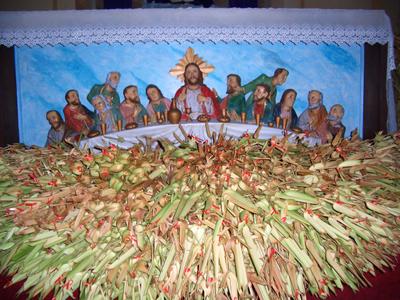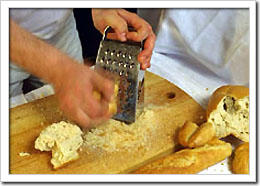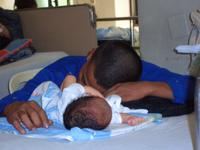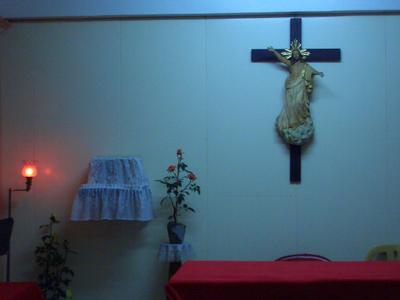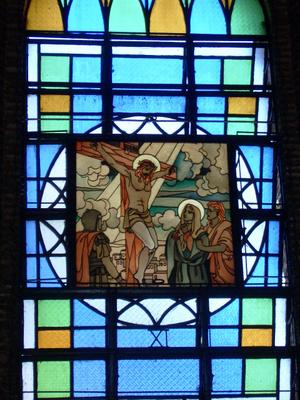MAY I HAVE THIS DANCE WITH YOU?
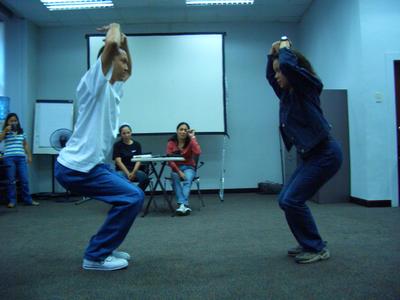
Saturday of the Seventeenth Week in Ordinary Time
Mt 14:1-12
Some people are born dancers. I am not. As we say it in Tagalog, “Parehas pong kaliwa ang paa ko.” I can sing a tune but I cannot dance to a rhythm. People sometimes call me “The Singing Priest” but they never dare tag me as “The Dancing Priest”.
The world is like a huge dance floor. We dance our way through life. There are two kinds of music being played. One by the world, the other by heaven. Two kinds of rhythm: one mundane, another divine. Two “disc jockeys”: the devil plays the worldly while Christ plays the heavenly. All of us, born dancers or not, dance to the rhythm of either tunes. The music has been playing even long before we were born, but the choice to what tune we wish to dance is always ours.
John the Baptist refused to dance to the music of the worldly in favor of the heavenly tune. But because those who refuse to dance with the world the world persecutes, John was imprisoned and eventually killed by those who dance to the rhythm of the mundane.
We remember John the Baptist as the great prophet of God who lost his head because Salome seduced her mother’s lover, King Herod, with her provocative dance. John was the price paid by the king for oaths proudly but unmindfully taken in the midst of guests and so-called “nobles”. The king could have taken back his oath but taking back his oath would mean being kicked out of the dance floor. The king therefore danced to the rhythm of the mundane desires of his wife as expressed by her ballerina-daughter: “Give me here on a platter the head of John the Baptist.” The dancing became wilder as the axe fell on the Baptist’s neck and his head rocked and rolled.
When the world hates us for refusing to dance to its rhythm, the temptation to give in to its sways and bounces is very real and very strong to us. The music becomes even more inviting as we see that the people on the dance floor increases, many of them are familiar to us, too. Very often we catch our selves saying, “Many people are doing it anyway, so what is wrong with it?” Frequently we are advised with “Don’t be such a kill joy” or “It’s the in-thing now! A little worldliness won’t hurt you.” We also sometimes reason out, “It is just a venial sin anyway. Yung iba nga riyan, mas grabe pa.” So we dance and dance and dance until the dance gets wilder and wilder and wilder. While we sway to the rhythm of the world, some people lose their heads on account of our dancing. Worst, we either hardly notice or have become indifferent to those whose heads roll while the world rocks. Dancing can be very intoxicating, too.
The Lord is very much in need of more people like John the Baptist. They are the godly people who know when the dancing has gone wild. They are the prophets who tell us when we are not dancing to the rhythm of Jesus. They are the martyrs who refuse to dance with the world. They are the saints who dance only to the tune of the Kingdom of God.
“May I have this dance with you?” Jesus asks us. Will we take His hand and dance with Him or will we say, “Sorry po, Lord, parehong kaliwa ang paa ko”?






